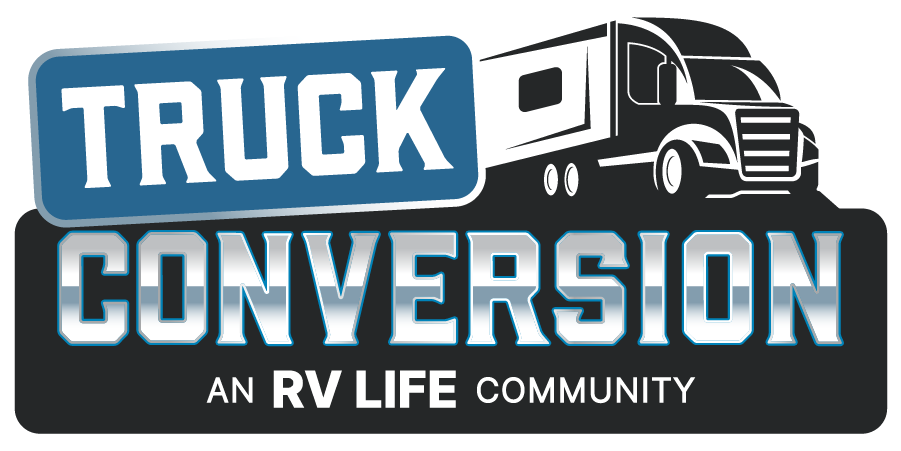You need to stay with hoses specifically designed for use with propane if you are going to use a hose. It will branded right on the hose along with the appropriate pressure ratings of 350# working pressure and 1750# burst pressure. Use the good high pressure stuff even on low pressure applications and you will never have an issue. Stay away from the cheap thermoplastic hose like you see on the gas grills, it is thin wall and easily damaged in a mobile environment. Propane will attack and deteriorate certain types of hoses, most notably rubber. Propane hose is usually constructed from polypropylene, which you really don't need to know, you just need to know that it is stamped for use with propane. When we had the family gas business we say every kind of hillbilly rig imaginable, but specifically I have seen regular rubber air hose deteriorate and become porous and leak propane right through the rubber in a matter of a few months of use. Your local propane supplier will have bulk hose on hand in a variety of sizes and can make what ever hose you need with any type of end fitting, and generally your welding gas supplier as well. Go to the "local" type dealers as opposed to the national chains for the best service on that type of thing.

